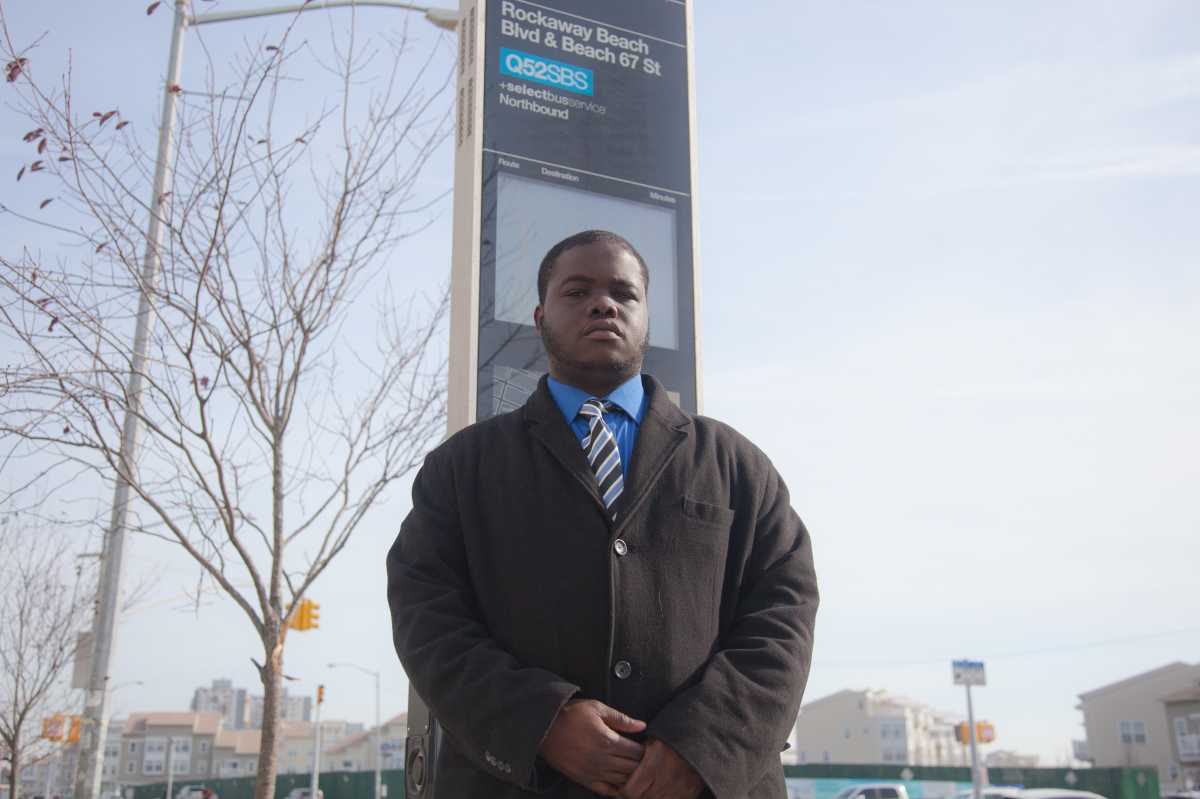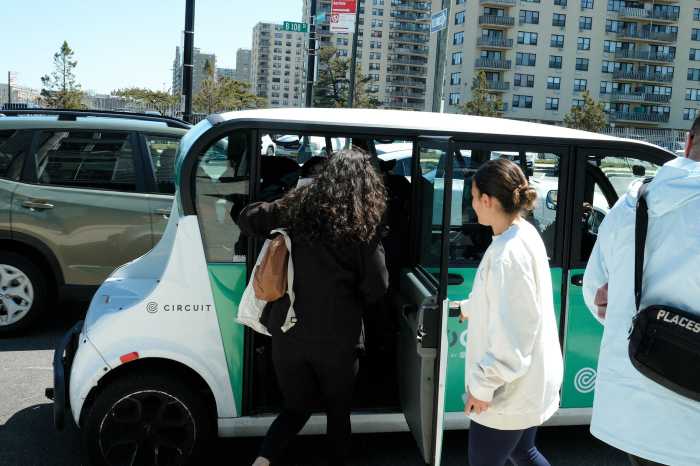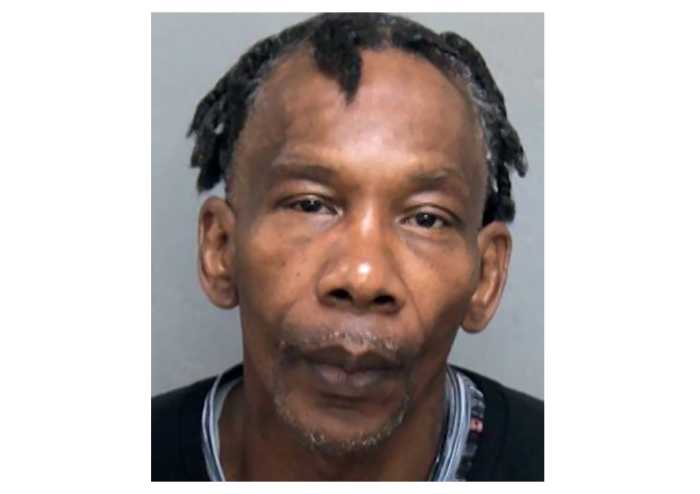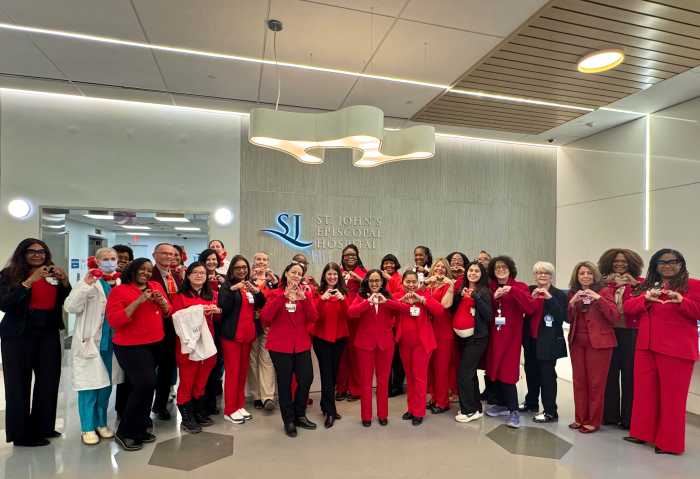Khaleel Anderson, the 23-year-old Far Rockaway resident who’s running for Assemblywoman Michele Titus’s district seat, would be one of the youngest members to be elected to the body in more than 20 years and he thinks that makes him an ideal candidate.
Anderson, a community board member and activist, says that the structure of Queens Democratic Party excludes people of his age and background, which he argues would make him the type of legislator his community needs.
Since Titus won her unopposed Civil Court seat on Nov. 5, Gov. Andrew Cuomo will now decide whether to hold a Special Election to fill the seat once she vacates her current office in January.
But in a special election, the chips are stacked against newcomers like Anderson. The process for a special election does not allow for primary voting before the election. Democratic Party rules dictate that a quorum of four district leaders decide who will get the party designation. In this instance, one of the district leaders is Michele Titus, who won’t get a vote in choosing her successor, according to neighboring District Leader Lew Simon.
One of the other four district leaders is considering a run for the seat.
Richard David, an Indo-Caribbean Studies Professor at CUNY with close ties to the County Party, has raised $15,207 for an undisclosed campaign, according to a July filing. All David would have to do to win the delegation would be to convince one fellow district leader to vote for him in order to get the designation and likely win the election in a district that has reliably voted Democrat for decades.
Anderson will join a pool of five other democratic candidates — including David — who have expressed interest in running, but he faces long odds if he were to run on a third-party line in the special election. If he wants to run as a Democrat, he may have to wait his turn to run in the primary in June.
“I’m seeking to have a relationship with the party, but I know it’s not going to go further than wait your turn,” Anderson said.
Anderson, whose core platform consists of criminal justice, housing and youth programs, said that his reformist instincts don’t mix with the current party leadership.
“If you rock the boat just a little bit, you’re out and that’s wrong. It takes people out of politics and it takes people out of the political discourse,” he said.
While he may be young, his extensive record of public service goes far beyond the average 23-year-old. Anderson has lived in Far Rockaway since 2005 and has served as a member of Community Board 14, the executive board of the Rockaway Youth Task Force, the 101st Police Precinct council, the NAACP and Ready Rockaway — a local emergency preparedness organization.
For Anderson, criminal justice reform is intimately connected to his mission to get young people involved in civic programs. He said he would prioritize the fight for youth programming and employment in the state budget and sees these programs as the most effective deterrent for keeping low-income and black and brown youth out of the criminal justice system.
“We want to extend [programming], not just for the summer, but year-round. We need funding for — I hate the term, but — ‘at-risk’ youth,” he said, pausing before using what he deemed policy jargon. “These young people are not ‘at risk,’ they are a victim of their socioeconomic conditions.”
On housing, Anderson is farther to the left than any of his southeastern Queens assembly neighbors. For the next session, tenant groups are already saber-rattling to pass the “just cause” eviction bill that was scrapped in the process of negotiating over last summer’s rent reform bill.
Anderson’s only complaint with the controversial bill is that the legislation does not go far enough. He would want to extend the law to cover one-to-four-unity houses, which were excluded in Senator Julia Salazar’s original version. Out of the neighboring southeastern Queens districts, Assemblyman Mike Miller was the only one to co-sponsor the legislation last session.
“My family was a victim of retaliatory eviction. If we had the protections that good cause would provide. We’d probably still be there,” Anderson said of his former house that would not have been covered by the “good cause” eviction bill.
The Rockaway Youth Task Force (RYTF) served as a launching pad for Anderson to get involved on the two infrastructure projects that he refers to as his biggest political accomplishments. After working with the organization for four years, he played a role in helping to build a half-acre community garden on an abandoned lot that they secured with the help of the Parks Department.
He also helped lead a campaign pushing the MTA to extend the Q52 rapid-transit line further into the peninsula so that it could serve low-income communities of color living in the Ocean Bay Apartments, a 24-building NYCHA development in Arverne.
While Anderson may be at odds with the special election process, he is setting up for the long haul fight for the primary. His account balance as of July was $10,658.
Next, Anderson will face the challenge of the scattered shape of the district. While his activism is rooted in the Rockaways, assembly district stretches over the entirety of JFK Airport all the way up into Richmond Hill, South Ozone Park and Rosedale.
While Anderson said that he would never go to another part of the district pretending as if he had done work in their neighborhood, he thinks that his voice and platform could speak to for the areas that he’s less familiar with.
“I think the work that I’ve done here in the Rockaways can translate to positive results for the rest of the district,” he said.


































